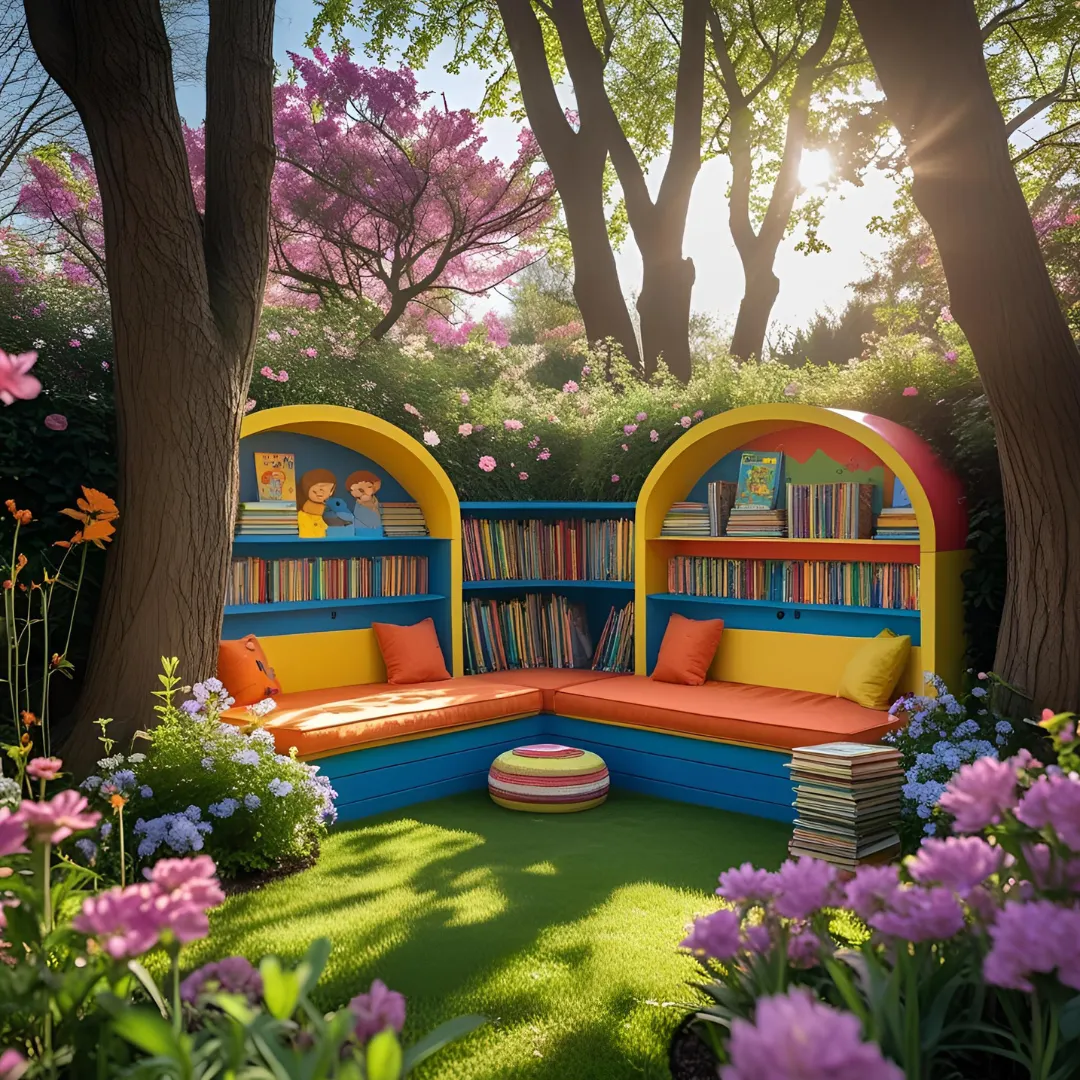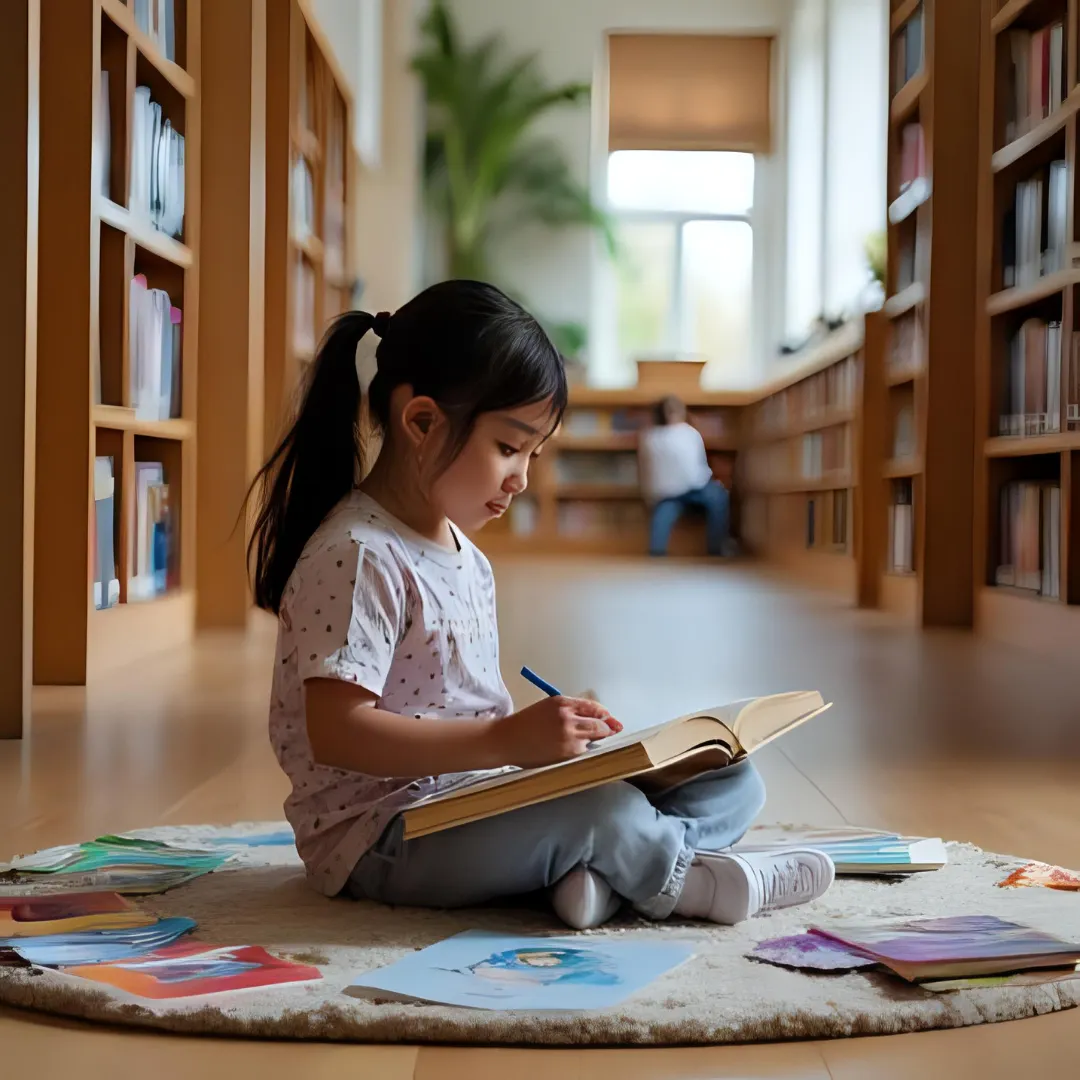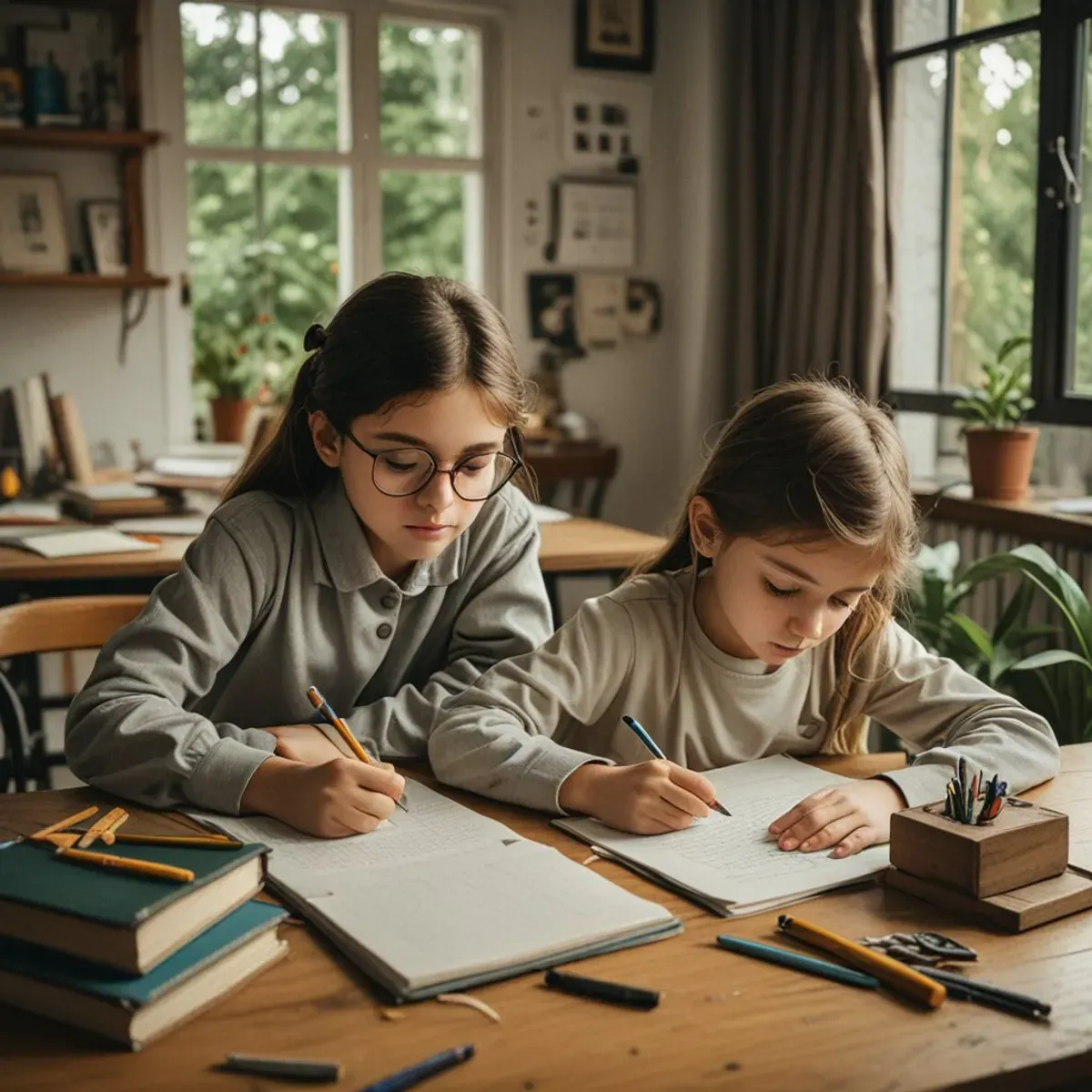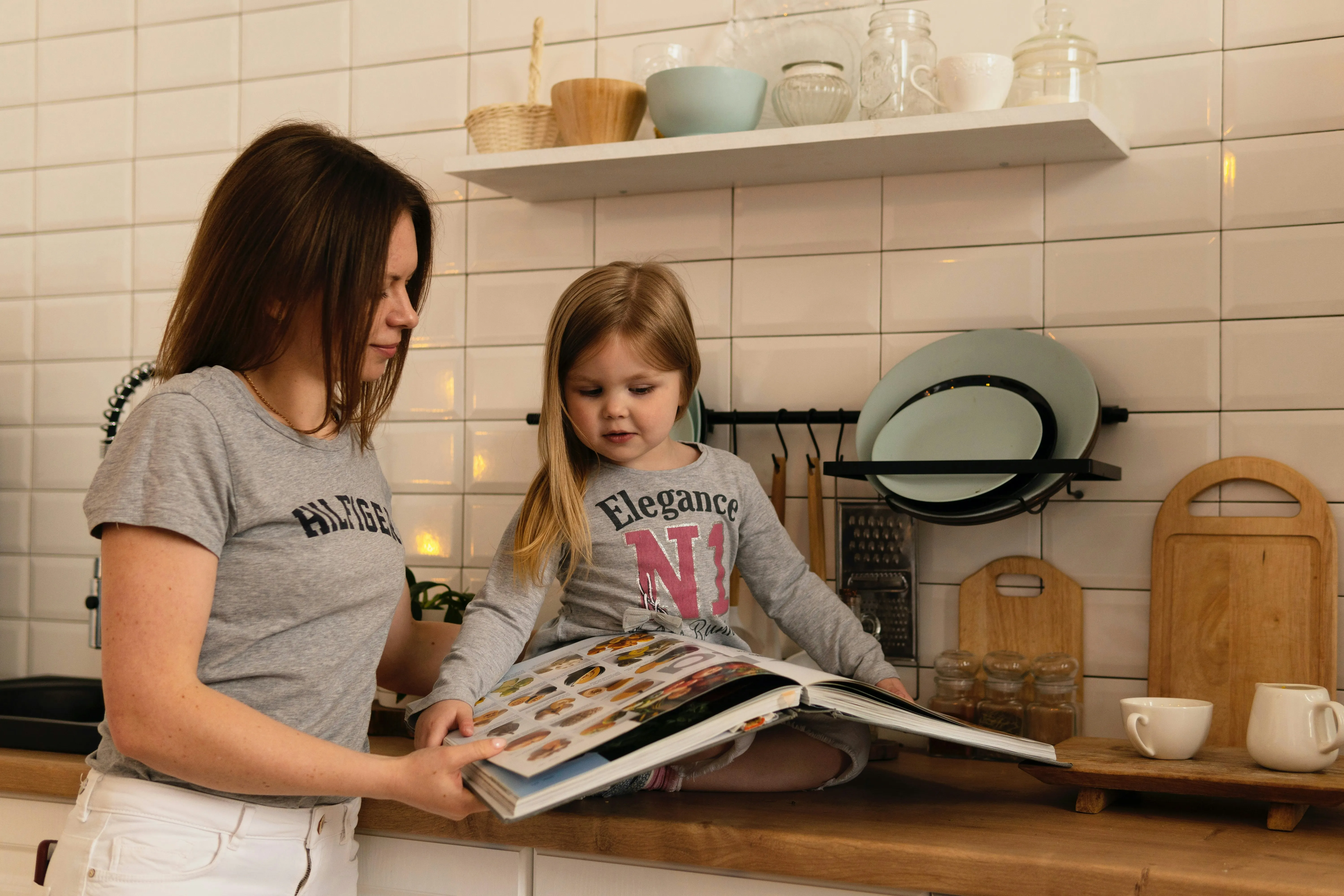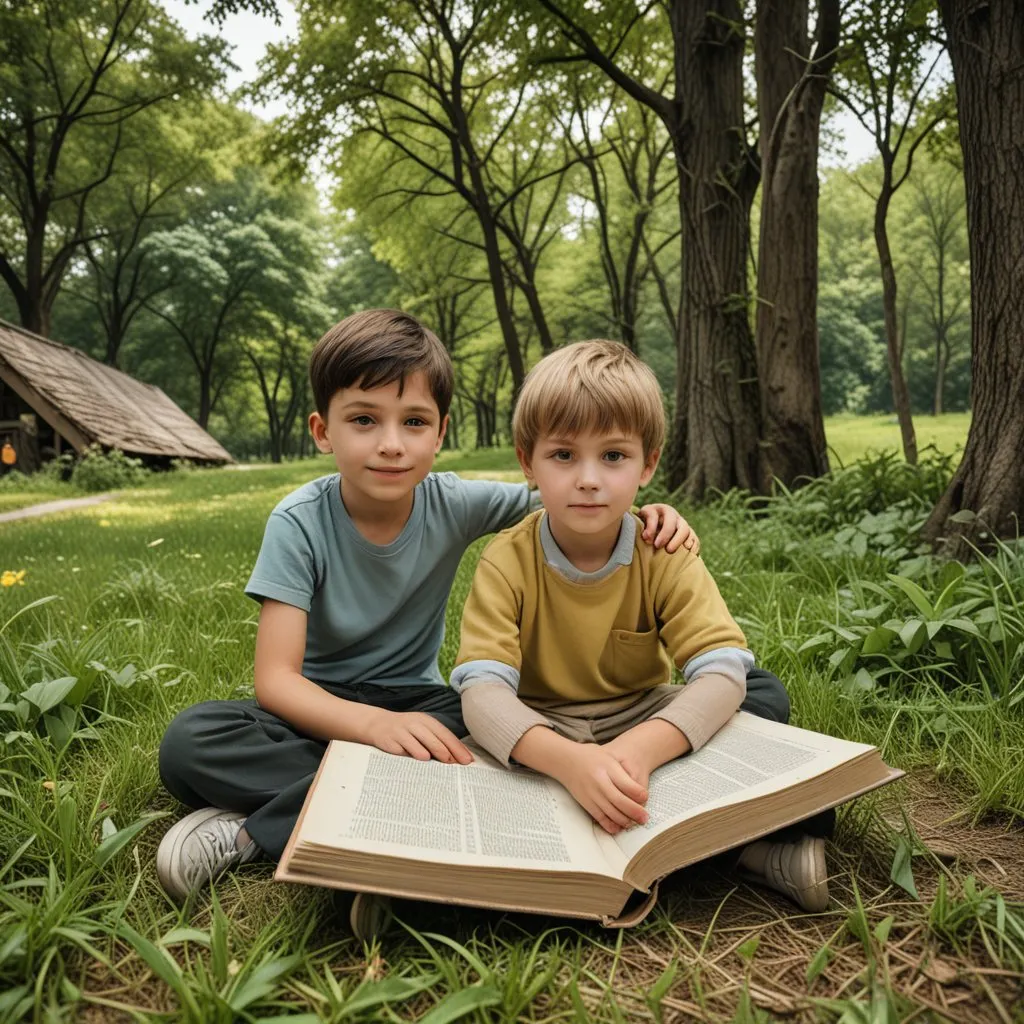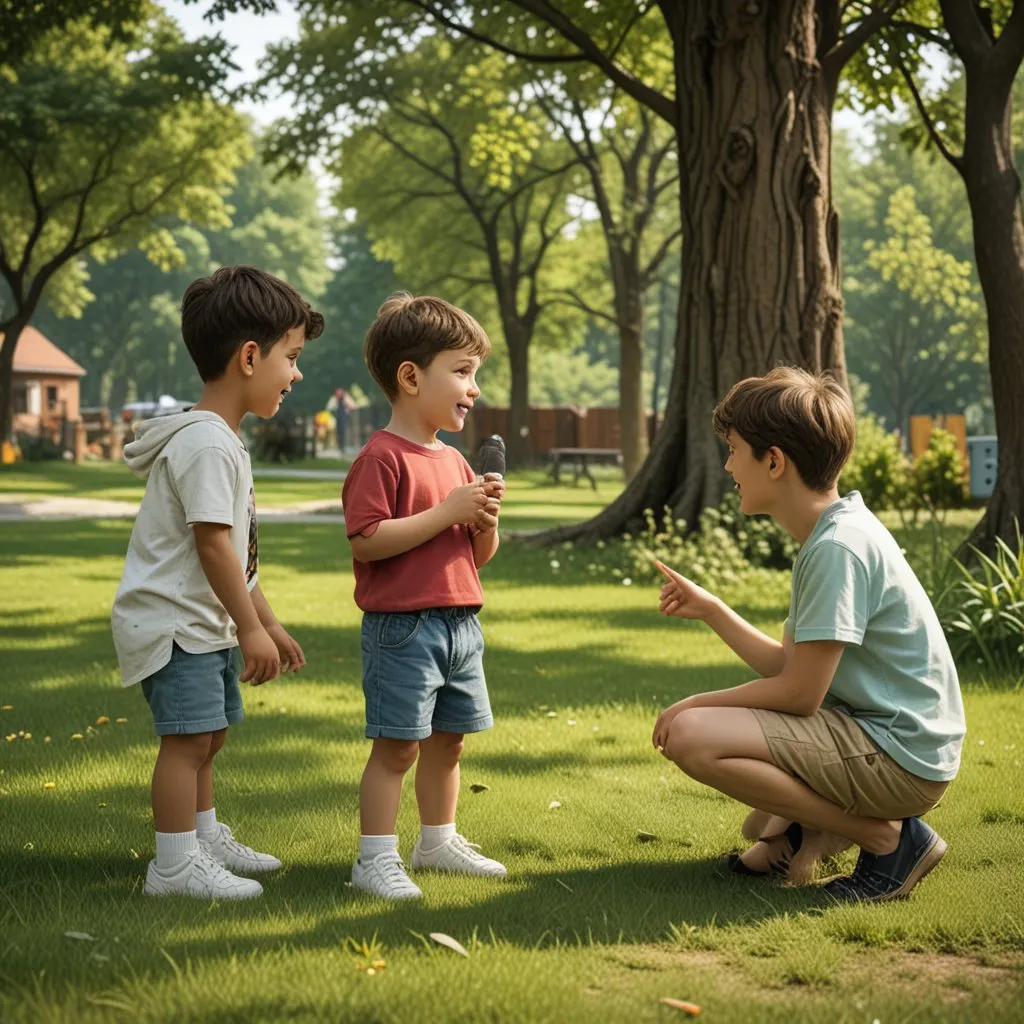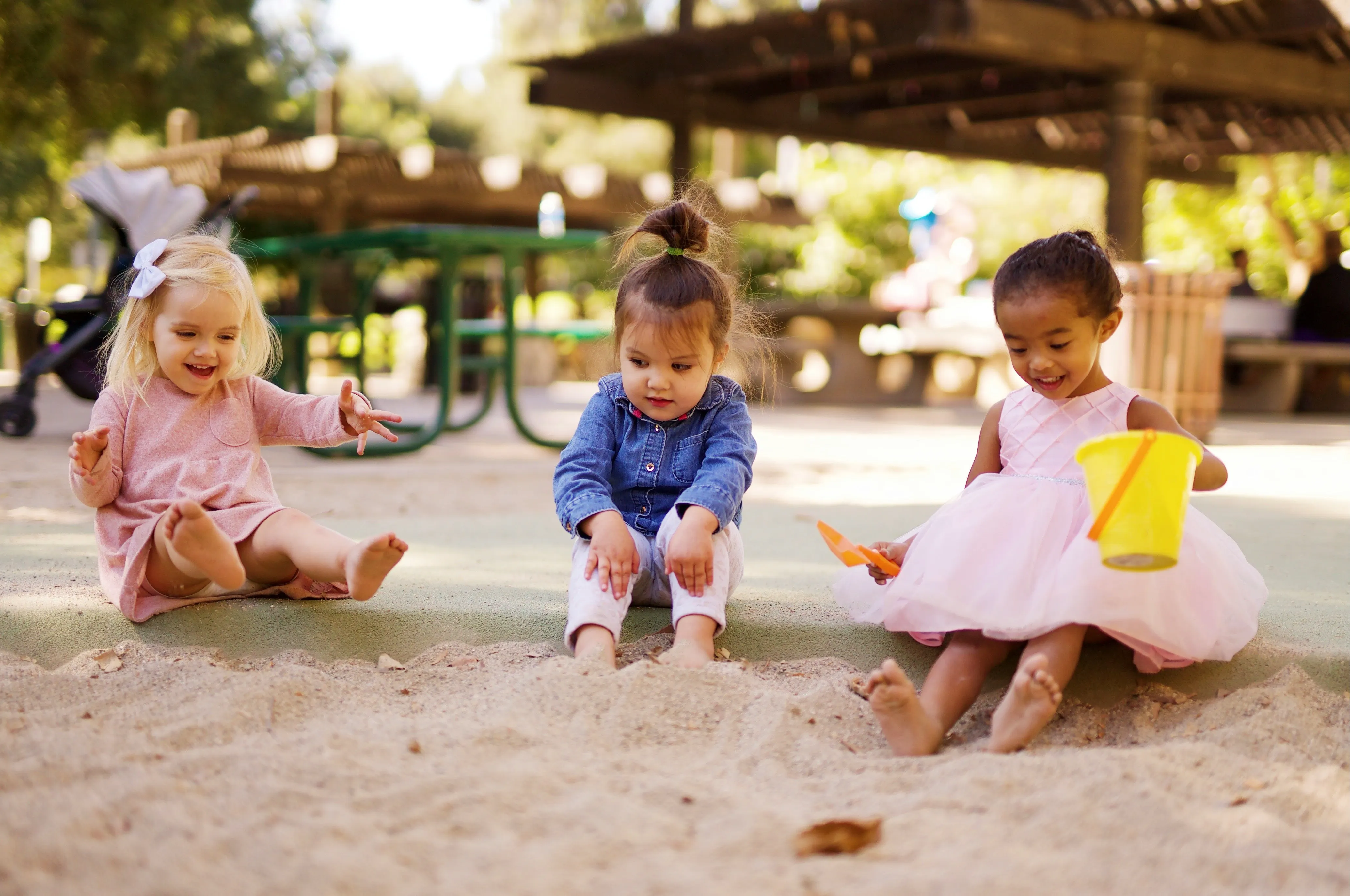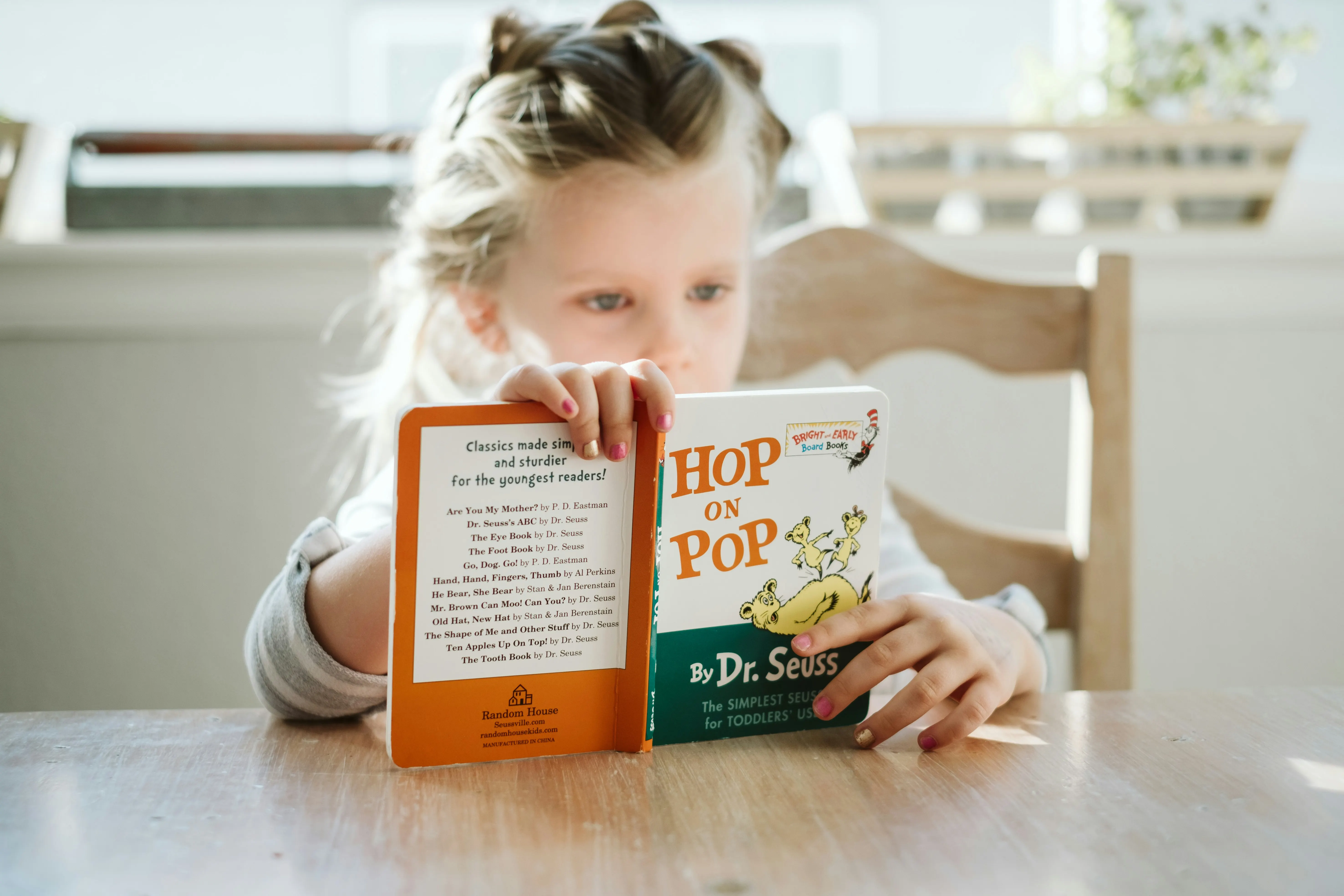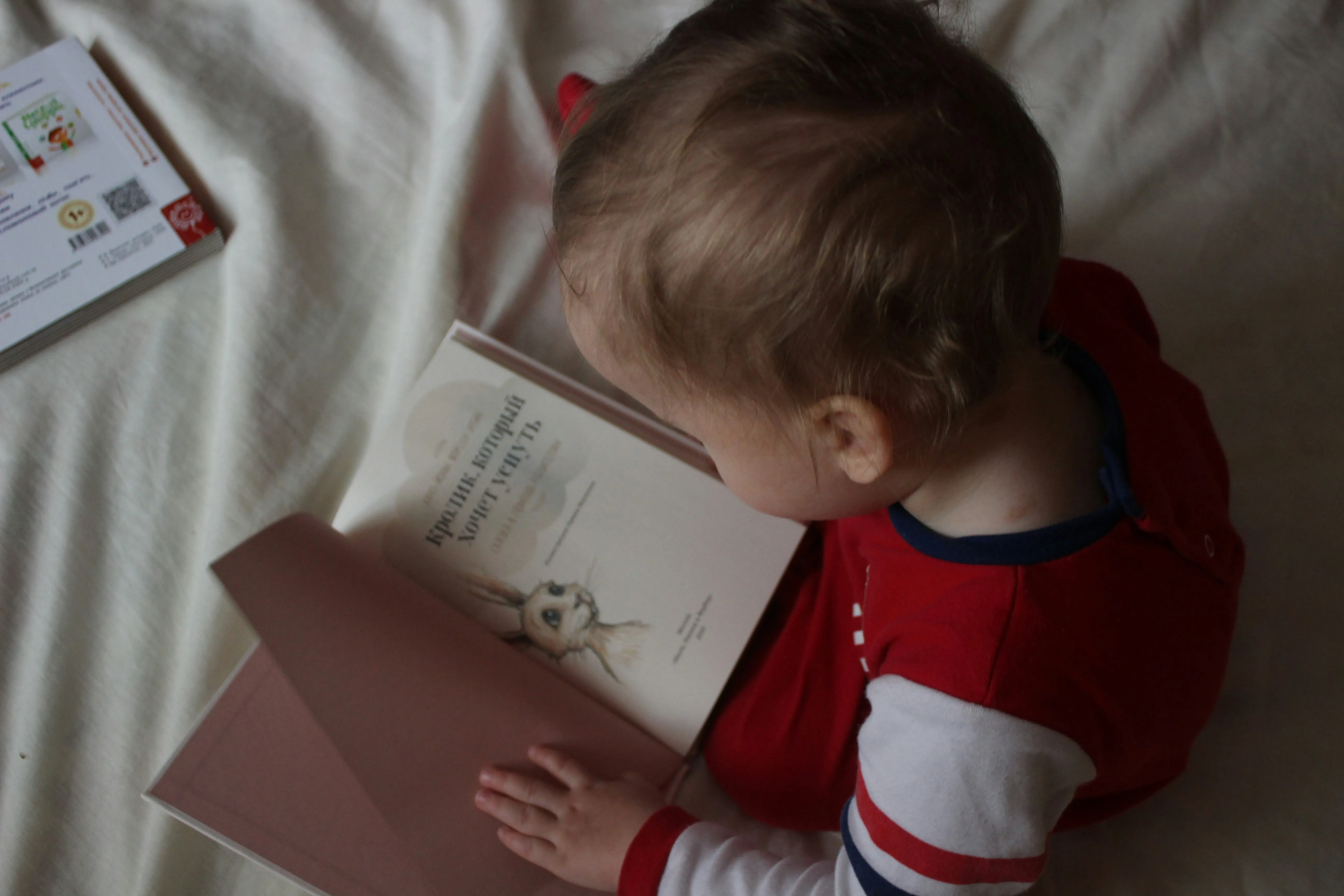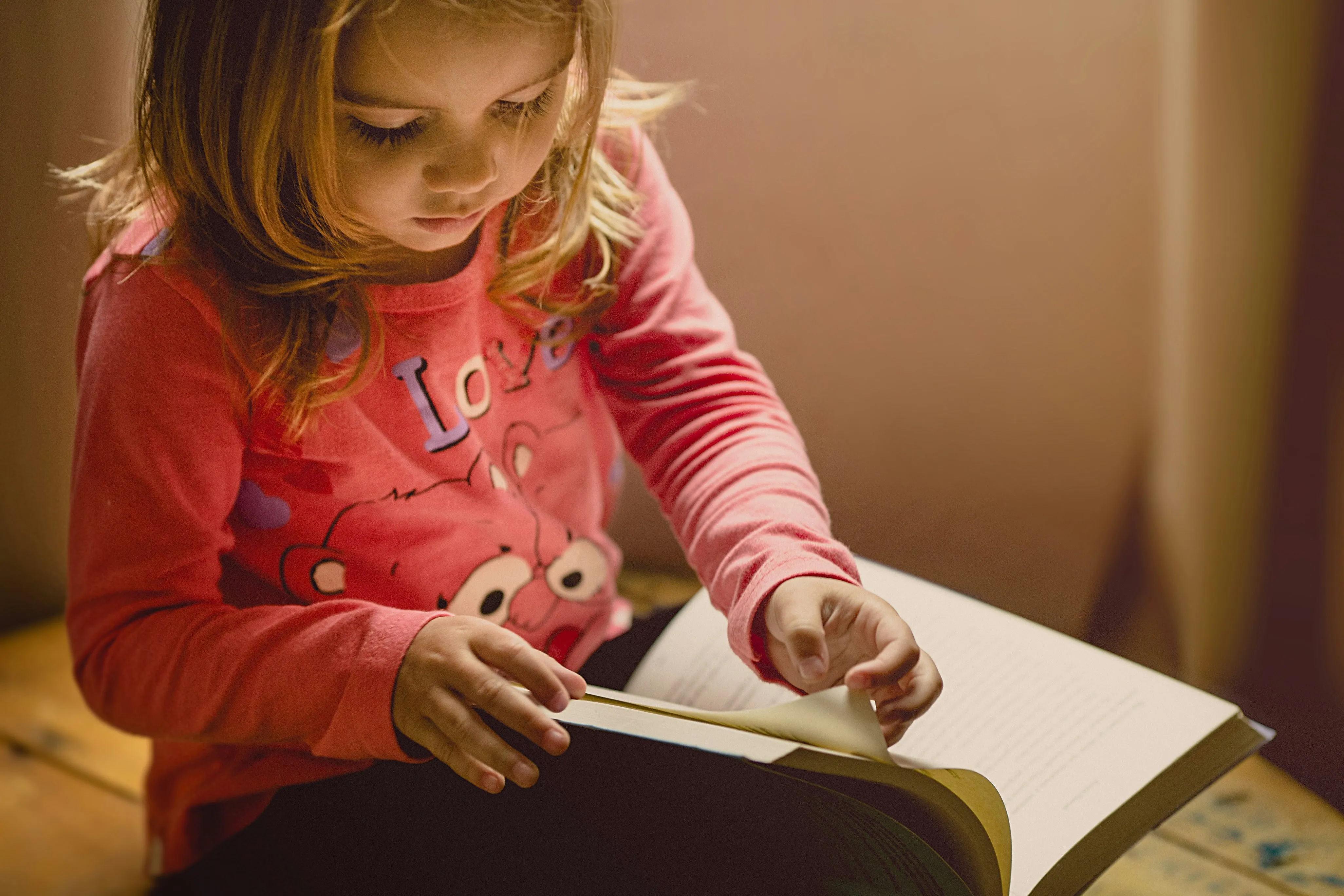Understanding the Role of Play in Child Development Today

Key Highlights
- Play is more than entertainment—it serves as a cornerstone for healthy brain development during early childhood.
- Through various types of play, children develop cognitive skills, emotional regulation abilities, and social understanding.
- Play enhances language development, vocabulary building, and problem-solving skills that benefit future academic achievement.
- Social-emotional growth is nurtured by unstructured play, which allows children to explore their world and connect with peers.
- Adults play a vital role by facilitating safe play environments and offering guided yet engaging play opportunities.
- Balancing free play, outdoor activities, and technology-based options supports children’s holistic development effectively.
Introduction
Play is very important in early childhood education. It helps kids learn and grow. When children have many play opportunities, they can explore their world and build the skills they need. The benefits of play go beyond just being fun. Play helps with emotional development and cognitive skills. It also helps kids form meaningful relationships. Using different types of play supports creativity and sets the stage for academic success. Let's look more closely at why play is essential for raising well-rounded individuals.
The Importance of Play in Early Childhood Development
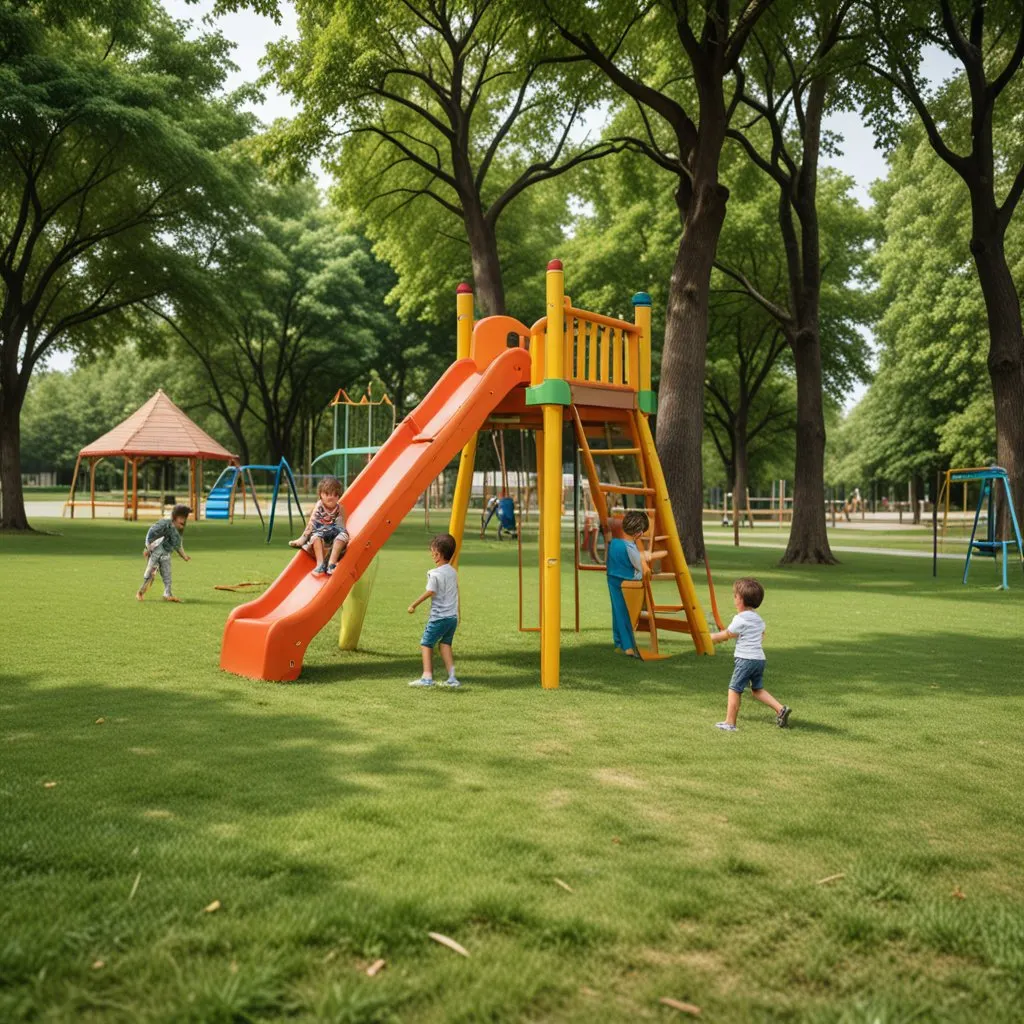
Play is very important for young children. It helps them reach key milestones in their growth. This lets them understand the world and deal with challenges. When children engage in free play or activities, they learn important skills. These include emotional intelligence, problem-solving, and resilience. During these early years, play greatly influences their brain development and how they interact socially.
Research shows that play also helps build strong relationships with peers and caregivers. Playful moments, whether outside or at home, allow for safe exploration. This boosts curiosity and prepares children for adulthood through rich learning experiences.
Defining Play and Its Role in Learning
What is play, and why is it important? Play includes activities that kids choose freely and that bring them joy. From exploring senses as babies to pretending in preschool, different play opportunities help spark a child’s natural curiosity. This shows that play is not just fun. It is an important way for children to understand the world and their relationships.
Play is key for building cognitive skills and their sense of the world. Activities like stacking blocks or pretending to be someone else encourage problem-solving at a young age. Jean Piaget said that play helps kids engage with their environment and learn. This helps them master ideas and understand daily life.
In addition, play is not just about being alone; it also helps kids learn to communicate. For instance, when kids play house or join group games, they practice how to work together and make deals. In the end, play connects exploration and important learning.
How Play Differs from Other Learning Methods
Play is different from direct instruction because it follows a child-led approach. Instead of strict methods, free play gives kids an open space to discover their world. For example, when children build towers with blocks or make up stories, they naturally learn problem-solving skills.
Each type of play leads to different learning results. Guided play mixes set goals with a chance for spontaneity. This helps kids learn while still keeping their freedom. Dramatic play, like sociodramatic play, encourages creativity and boosts language skills through role-playing.
In contrast, direct instruction often uses repetition and fixed tasks. Play, however, leads to lively and effective learning. Lev Vygotsky said that adults can help kids during play. This support helps them move through the “zone of proximal development,” giving them the courage to take on tough tasks. By linking fun with focused learning, play becomes a key part of overall growth.
Cognitive Benefits of Play
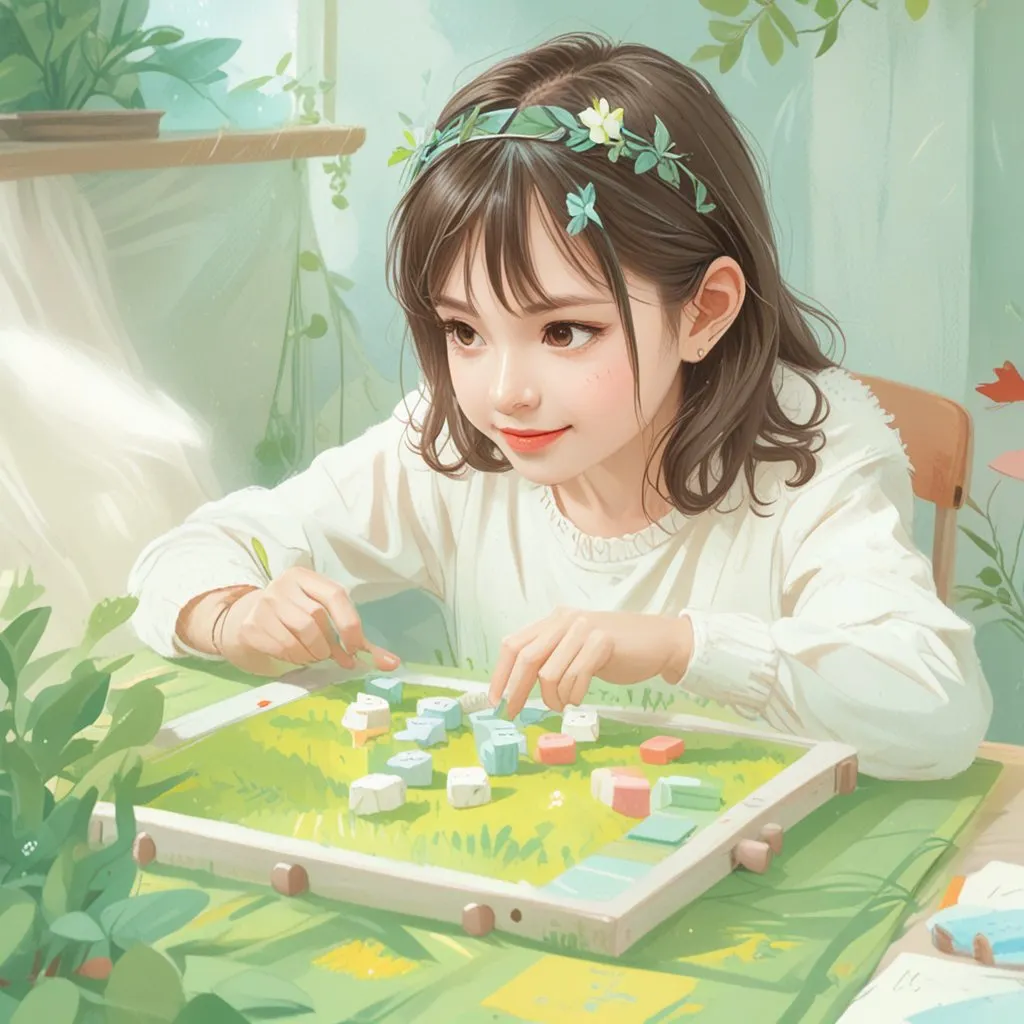
Play is a great way to boost thinking skills. When children take part in problem-solving games, they learn to be creative, make decisions, and think logically. Simple play opportunities, like sorting shapes or doing puzzles, help them remember better and pay attention longer.
Also, play helps children develop important skills like impulse control and focus. As they enjoy playful learning, they improve key thinking abilities that are important for doing well in school. This can set the stage for skills they will need for the rest of their lives.
Enhancing Problem-Solving Skills Through Play
Children’s play helps kids find and use new skills for problem-solving. Whether they are putting together LEGO blocks or pretending to have a picnic, play allows them to think logically and make choices. These activities help kids think about their actions and what happens next.
Teamwork has a big role in solving problems, too. When kids play games or build things with friends, they face situations that need collaboration and negotiation. Playing with puzzles or in a sandbox gives them chances to think critically and handle challenges.
The learning doesn’t stop with just the task at hand. In fun situations, kids discover other lessons too. For example, they can learn about space while stacking objects or basic physics during water play. By guiding children’s play with meaningful support, we can maximize their chances for growth in problem-solving and new skills.
Play's Impact on Attention and Memory
Play is good for developing cognitive skills, especially attention and memory. When kids play games like hide-and-seek or pattern games, they learn to focus better. These activities help them pay attention to details and finish tasks for longer.
Memory improves by playing different games. Activities that have rules, like matching cards or storytelling, require kids to remember specific patterns. Playing out different roles in dramatic play helps them with both memory and understanding.
Also, playing outside can help kids pay attention longer. Studies show that being in nature helps them focus and give their best effort. You can help young learners by creating play opportunities that mix brain activities with fun physical activities. This is good for preparing them for school and keeping their creativity alive.
Social-Emotional Growth Through Play

Play helps young children grow emotionally and build social skills. By role-playing or joining group activities, they practice empathy and learn how to work as a team. Pretending to be a teacher or acting like a doctor encourages them to interact with each other.
Also, unstructured play boosts resilience and helps with emotional control. When they resolve fights over toys or create games together, children improve their communication skills. These playful times are important for making them socially aware and emotionally healthy individuals.
Building Empathy and Social Skills
Empathy grows naturally through play opportunities. For example, dramatic play lets children imagine being in someone else's shoes. Acting like a caregiver, feeding a doll helps kids understand emotions in small but important ways.
Also, play builds social skills that are important for emotional development. Group games, like tag, encourage teamwork and sharing. Activities with common goals help kids learn to work together and take turns. Making friends through structured or unstructured play leads to strong friendships.
Caregivers can promote role-playing scenarios to enhance social interactions. This can include solving conflicts during shared playtime or suggesting fun play themes. By guiding children, adults can help improve their relationships. So, play supports growth in emotional awareness and social skills.
Role of Play in Emotional Regulation
Emotional regulation is an important skill that kids can improve through play. Activities like rough-and-tumble play help children use up their energy while learning about limits. This kind of play helps kids build resilience as they safely push their boundaries.
Kids’ brains develop better when they practice self-control in competitive games. For instance, learning to wait for their turn helps them be patient. How they respond to challenges teaches them to handle frustration in a good way.
Parents and teachers can use play activities to show positive ways to respond. Through storytelling and dramatic play, children can explore feelings like kindness, sadness, and anger. These activities prepare them for dealing with challenges in the real world later on.
Types of Play and Their Developmental Impact

Different types of play meet various developmental needs. They help children understand their environment and themselves better. Sensory play is all about engaging young minds with textures, smells, and visuals. This type of play helps kids make sense of their world.
Constructive play encourages creativity and problem-solving skills. By building structures or making things, children boost their cognitive skills. Types of play, like sociodramatic play, also aid in language development and understanding emotions. Each play type contributes to overall growth. This helps shape children into well-rounded individuals.
Sensory Play: Touch, Smell, and Sight
Sensory play engages young children in fun activities that help them use their touch, smell, and sight. When they play with water, sand, or different textures, they learn more about the sensory features of their world.
A big plus of sensory play is that it helps cognitive learning.
For example:
- Playing with scented playdough helps kids recognize different smells.
- Looking at bright colours boosts how they see things.
- Activities like pouring liquids teach basic problem-solving by showing how liquids move.
In the end, sensory play encourages children to explore and be curious. It shows them how objects work together and broadens their sense of their world through direct experiences.
Constructive Play: Building and Creating
Constructive play helps young children be creative and learn how to solve problems. Activities like building with LEGO or making simple structures show them how different parts work together. Each project gives them smart benefits.
Children improve their spatial awareness and learn math concepts. When they balance blocks or arrange patterns, constructive play opens their minds and helps them throughout life. Problem-solving gets better as they deal with challenges like keeping things steady or changing their designs.
Caregivers can help this growth by offering different building tools and encouraging kids to try and learn from mistakes. Creative play areas can make sure children stay engaged and support their cognitive development.
Dramatic Play: Imagination and Role-Playing
Dramatic play helps kids practice social roles and use language in a fun way. Sociodramatic play shines when kids pretend to be teachers, parents, or explorers. These activities expand their vocabulary as they discover new stories and words.
As children act out different roles, their language skills grow. Talking about stories during dramatic play strengthens their ability to communicate clearly. Over time, this can lead to important literacy milestones.
Giving kids dress-up clothes or props makes them more interested. Encouraging them to improvise allows children to use their imagination freely while improving their emotional and language skills.
The Role of Adults in Child Play
Adults play an important role in helping children during play. They can guide play activities without taking control. This way, they allow kids to have their own experiences. When adults set up safe and fun play spaces, young children feel safe to explore unstructured play. This kind of play helps them be creative and strong. Furthermore, by including different types of play, adults can help improve children's cognitive skills and language development. This also increases their vocabulary and literacy skills. Overall, it helps children develop a sense of their world in fun and meaningful ways.
Facilitating Versus Directing Play
Facilitating play means making a space where kids can explore and connect with their surroundings. This helps them build social skills and learn how to solve problems. This idea fits well with unstructured play, which lets young children move freely and find new interests without strict rules.
On the other hand, directing play creates a more controlled environment. This can limit their creativity and hurt their emotional growth. While structured activities can be helpful, letting kids have choices during playtime helps them develop their cognitive skills, improve their language, and build resilience. All these things are important for healthy brain development and early childhood education.
Creating Safe and Stimulating Play Environments
Creating safe and fun play areas is very important for helping children grow. These spaces should allow for free play, which helps young children explore and build their thinking and social skills. Including different play activities helps develop both large and small motor skills. It also encourages emotional growth and resilience. Safety features, like soft surfaces to land on and equipment suited for their age, support healthy brain development. By offering these important play opportunities, caregivers can greatly help children with their language development and problem-solving skills during their crucial early years.
Motor Skills Development Through Play

Play is very important for helping young children develop their motor skills. When they play outside, like in tumble play, they get better at things like coordination and balance. They also learn more about their surroundings. Doing play activities that have some structure helps them improve their fine motor skills. This includes tasks like building with LEGO or doing early literacy exercises, which are good for their dexterity. These fun experiences help children grow physically and build cognitive skills. These skills support their problem-solving abilities and help them be more resilient as they grow.
Gross Motor Skills and Outdoor Play
Outdoor play offers young children many chances to improve their gross motor skills. Activities like running, jumping, and climbing help with physical growth. They also boost important cognitive skills, such as problem-solving and spatial awareness. When kids engage in unstructured play outside, they can test their physical limits. This helps them build resilience and confidence.
Also, outdoor settings promote social interactions. This leads to better language skills and emotional development through working together in play. The mix of nature and physical activity provides a strong base for healthy brain development and a better sense of their world.
Fine Motor Skills Through Detailed Activities
Engaging in hands-on tasks greatly improves fine motor skills in young children. Activities like threading beads, using scissors, and coloring carefully need focus and control. This helps children develop their dexterity. As they work with different materials, they improve their physical skills and also use their cognitive skills, boosting their problem-solving abilities and creativity.
Adding fine motor activities to early childhood education settings gives kids many chances to explore and learn new skills. With regular practice, children build resilience, which helps them handle more complicated tasks. This supports their overall cognitive and emotional development.
The Impact of Technology on Play
Emerging technologies affect how children play. They change both how kids play outside and how they think. It's important to have a good balance between screen time and traditional outdoor play. This balance is key for healthy brain development. Children learn from different play opportunities. These help them build social skills and solve problems. Educational apps and interactive games can support language development and literacy skills. However, these digital play activities mustn't replace free play. A mix of both helps young children develop resilience and understand the world better.
Balancing Screen Time with Physical Play
Finding the right balance between screen time and physical play is very important for children's overall growth. Digital devices can teach kids and improve their language skills, but unstructured play helps them solve problems, build social skills, and grow emotionally. Encouraging kids to play outside supports their big muscle development and leads to a healthy brain. Early childhood education programs highlight the need for tactile play activities. This way, children can enjoy screen time while also benefiting from active outdoor play that helps them explore and understand the world.
Educational Apps and Interactive Games
The use of educational apps and fun games in children's play has changed early childhood education a lot. These tools create great play opportunities that help develop cognitive skills and improve language development. When children interact with this technology, they can learn new words and also build problem-solving skills. Still, it is important to have a good balance between screen time and physical play. This way, young children can enjoy both structured and unstructured play. Doing this helps them grow resilience, social skills, and emotional development. It also gets them ready for moving into more formal learning situations.
Play Across Different Cultures
Experiences of play give us a look at different cultural ways and values about childhood. In many cultures, special types of play activities show community beliefs and traditions. These activities help with children’s development. For example, sociodramatic play can build teamwork and empathy, which are important social skills for kids. While some aspects of play, like imaginative and physical activities, are found all over the world, local differences add variety to early childhood education. This helps children develop a broad sense of their world through these interactions.
Play Practices in Various Cultural Contexts
Cultural backgrounds greatly affect how children play. This creates many different ways for them to engage in play. For example, sociodramatic play often shows a community's traditions. This allows young children to learn about their identities and social roles. It also helps them develop language skills and emotional strength. In some cultures, group play teaches teamwork and cooperation. In other words, playing alone helps children become independent and think deeply. When we understand these different ways of playing, we can improve early childhood education. It shows the value of including various cultural viewpoints to support children's growth and help them have a better sense of their world.
Universal Aspects of Play and Local Variations
Play has important features that help kids develop social skills, thinking abilities, and emotions. No matter the culture, play allows young children to solve problems and build resilience. Different cultures can affect the types of play and play activities children engage in. In some places, sociodramatic play is common, while in other areas, it may focus more on outdoor play. Knowing these different styles can make early childhood education better. It helps create play practices that fit the culture while still supporting the great benefits of healthy brain development and language skills.
Related Articles :
Phonological Awareness: The Symphony of Language Learning
Theory of Mind: Social Learning and Development
How to Make Story Time Interactive and Fun for Kids
Conclusion
The play has an important role in childhood. It helps shape a child's emotions, thinking, and social skills. Through play, kids can learn to solve problems, improve their language, and build resilience. Encouraging different types of play, like role-playing games or outdoor activities, helps brain development and supports the growth of young children. As we recognize how important play is in early childhood education, we must make sure that young children have plenty of play opportunities to learn the skills they need for a successful future.
Frequently Asked Questions
What are the essential types of play for cognitive development?
Essential types of play for cognitive development are symbolic play and constructive play. Symbolic play helps boost imagination and problem-solving skills. Constructive play supports spatial reasoning and planning. Also, games with rules encourage critical thinking and social skills. These activities greatly help a child’s cognitive growth.
How can parents encourage social-emotional growth through play?
Parents can help their kids grow socially and emotionally through play. They can do this by setting up cooperative games, encouraging empathy with role-playing, and giving chances to resolve conflicts. When children take part in shared activities, they build skills in communication and emotional understanding. This is important for developing healthy relationships and self-awareness. Playing together is a key part of this growth.
What role do educators play in supporting play in schools?
Educators create a space where kids can explore and be creative. They guide children during play but do not control it. They set up chances for teamwork. This means play is a part of learning. Through these fun and meaningful moments with each other, children build social skills and emotional development.
How does play in early childhood impact later academic success?
Playing in early childhood helps build the skills we need for thinking critically, solving problems, and socializing with others. Taking part in different play activities boosts brain growth and encourages a love for learning. This, in turn, can affect children's school success as they move forward in their education.
Are there risks associated with too little playtime?
Insufficient playtime can cause problems in development. It can lead to poor social skills, less creativity, and weak motor skills. Children may also feel more stress and anxiety. This can harm their emotional health and overall growth.
Reference
https://www.child-encyclopedia.com/pdf/expert/play/according-experts/learning-through-play
https://www.naeyc.org/resources/position-statements/dap/enhance-development

Written with Augmented Intelligence and SHiNER The Human






